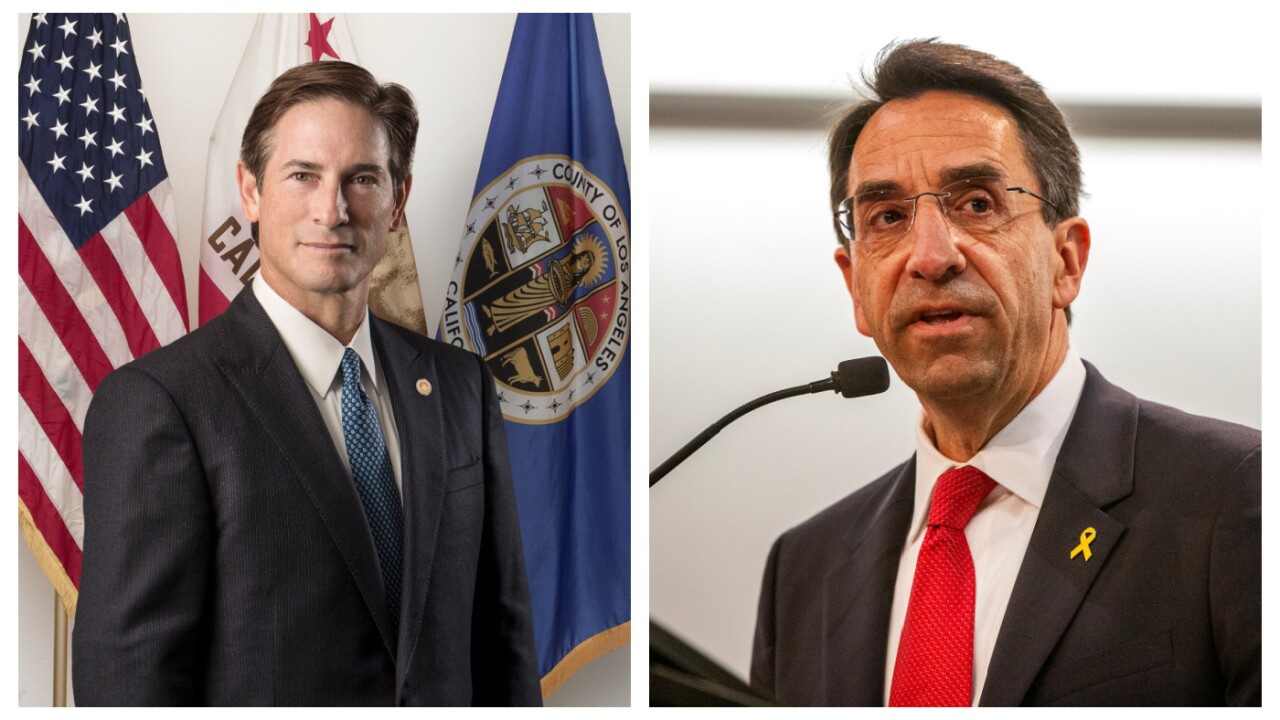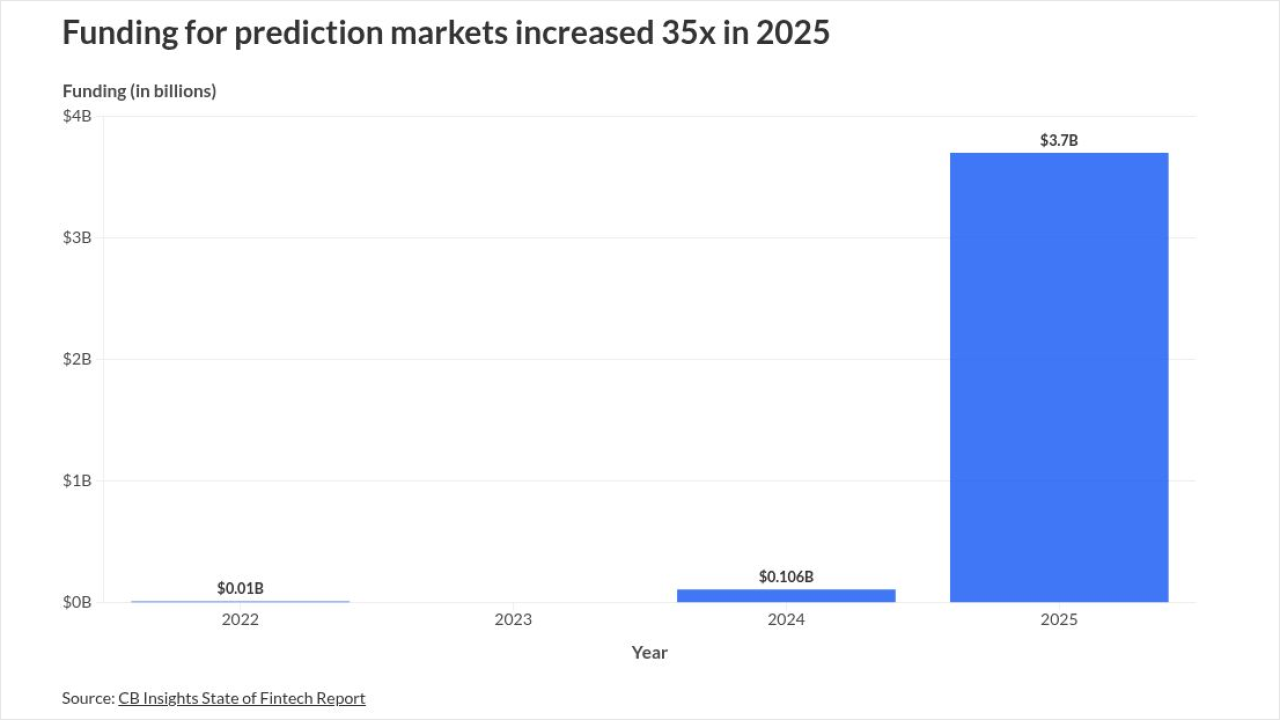
For more than a decade, the
This defeat at the Court
The 2008 financial crisis showed policymakers that when it came to stopping bad actors from preying on consumers, consumers were on their own. Although prudential regulators had a consumer protection mandate, consumer needs took a backseat to the needs of banks and other financial institutions. The run-up to the financial crisis demonstrated to consumers how much the financial system was stacked against them. From credit cards to predatory mortgages, consumers paid the price for a lack of rules and enforcement. When the financial crisis hit and triggered the Great Recession, which led to high employment and a record number of foreclosures, it set back a generation of
Enough was enough. Congress had to act. We needed to not only rein in Wall Street to prevent another crisis but to also make sure that there was a cop on the financial beat with a sole mission to look out for America's consumers. In 2010, I was one of a few members of Congress who sat on the conference committee for the Dodd–Frank Wall Street Reform and Consumer Protection Act, which strengthened our financial regulatory framework and finally created America's consumer financial cop on the beat: the CFPB.
At the very moment after CFPB's inception, the agency was met with intense pushback by the very same greedy players whose bad actions led to its creation: Wall Street banks and predatory lenders. More than a decade later, it's still these very same groups that have enlisted the help of extreme MAGA Republicans to assist them to do their dirty work and find novel ways to undermine and gut the agency. As if Republican efforts here in Congress to hamstring the CFPB and hurt consumers in the process weren't enough, predatory lenders brought this extremist campaign to the courts. In 2022, a panel of right-wing, conservative judges on the radical U.S. Court of Appeals for the 5th Circuit ruled that the agency's funding structure was unconstitutional in contradiction to every other court that ruled on the matter. Soon after, the Supreme Court agreed to hear the case. Immediately, I jumped into action and worked with Sen. Sherrod Brown, D-Ohio, to
Despite a massive misinformation campaign by the agency's opponents, even a conservative Supreme Court was able to see through the smoke and mirrors of their baseless arguments and avoid harming our nation's consumers. If the Supreme Court chose to rule in favor of the payday lenders, we would have seen industrywide levels of uncertainty that would have destabilized consumer financial markets and created sweeping ramifications for many other government agencies and programs that millions of Americans count on every day.
Following the ruling, we've seen and heard the statements from congressional Republicans expressing their disappointment and vowing to continue their attempts to rein in the agency. In fact, just a few hours after the ruling, House Republicans wasted no time, advancing yet another bill through the House Financial Services Committee to hamstring the CFPB. I would urge my colleagues to stop and read not only the ruling, but also the Constitution, which makes crystal clear that Congress can fund the executive branch, including the CFPB, banking regulators, and other agencies however it likes, and has done so since the nation's founding. But if they can't do that, the least they can do is listen to their constituents who are tired of the junk fees and being ripped off by financial institutions. In fact,
Under the leadership of Director Rohit Chopra, who has demonstrated his deep commitment and dedication to consumer protection, the
While this decision marks a major victory for our nation's consumers, this is far from the end. Predatory lenders and their allies are right back at the drawing board, gearing up for a rematch to gut the agency and leave our nation's consumers at the mercy of abusive financial institutions. But just like this latest iteration of attacks, Democrats will use every tool in the toolbox to ensure these efforts fail and that the CFPB can continue its important work to protect and stand up for our nation's consumers.






